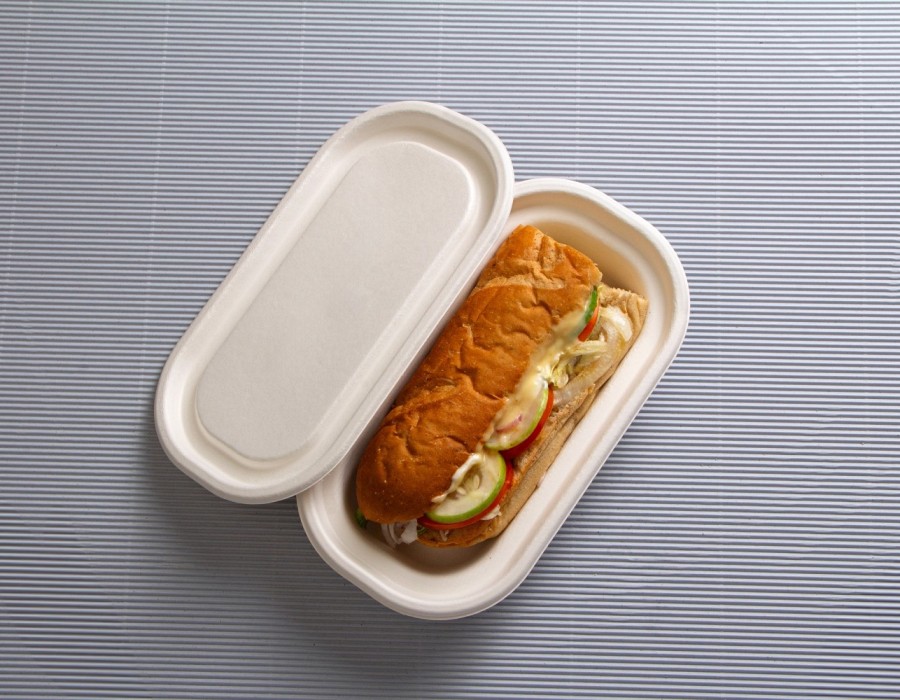Introduction
In the pursuit of sustainability, businesses are increasingly seeking ways to minimize their environmental impact. One effective strategy is to adopt eco-friendly packaging solutions. Sugarcane containers, crafted from the fibrous residue of sugarcane, have emerged as a top choice for businesses committed to reducing their ecological footprint. These containers offer a range of advantages that not only support environmental goals but also enhance brand reputation and operational efficiency.
Enhancing Sustainability with Renewable Resources
Sugarcane containers are produced from bagasse, the fibrous by-product left after sugarcane juice is extracted. This process maximizes the use of agricultural resources by repurposing what would otherwise be waste. Unlike plastic or Styrofoam, which are derived from non-renewable fossil fuels and take hundreds of years to decompose, sugarcane containers are biodegradable and compostable. This characteristic helps businesses align with sustainability goals by reducing reliance on harmful materials and promoting a circular economy.
Positive Branding and Consumer Appeal
Incorporating sugarcane containers into a business’s packaging strategy can significantly enhance its brand image. Today’s consumers are increasingly eco-conscious and prefer to support companies that demonstrate a commitment to environmental responsibility. By using sugarcane containers, businesses can showcase their dedication to sustainability, attract environmentally-minded customers, and differentiate themselves in a competitive market. This positive branding not only appeals to consumers but also builds long-term customer loyalty.
Cost-Effective and Versatile Solutions
Contrary to the misconception that eco-friendly options are always more expensive, sugarcane containers offer a cost-effective alternative to traditional packaging materials. Their production process benefits from the low cost of raw materials (bagasse) and efficient manufacturing techniques. Additionally, sugarcane containers are highly versatile, suitable for a wide range of applications, including food service, retail packaging, and takeout. Their durability and resistance to moisture and grease make them a practical choice for various types of products.
Supporting Local Economies and Sustainable Practices
The production of sugarcane containers also supports local economies, particularly in regions where sugarcane is grown. By creating a market for bagasse, sugarcane container manufacturing provides additional income streams for farmers and contributes to the economic viability of sugarcane farming. This not only helps sustain rural communities but also promotes sustainable agricultural practices. Businesses that choose sugarcane containers are, therefore, contributing to a broader positive impact on both the environment and local economies.
Easy Integration into Existing Operations
Adopting sugarcane containers is a straightforward process for many businesses, as these containers are designed to seamlessly integrate into existing packaging and food service operations. They are compatible with various types of food and beverages, and their compostable nature ensures that they can be disposed of responsibly. This ease of integration allows businesses to transition to more sustainable practices without significant changes to their operations.
Conclusion: A Smart Choice for Sustainable Success
Sugarcane containers offer a range of advantages for eco-friendly businesses, from enhancing sustainability and positive branding to supporting local economies and providing cost-effective solutions. As businesses continue to seek ways to reduce their environmental impact and appeal to conscious consumers, sugarcane containers stand out as a practical and impactful choice. By embracing these innovative packaging solutions, businesses not only contribute to a more sustainable future but also position themselves as leaders in environmental responsibility.





Comments